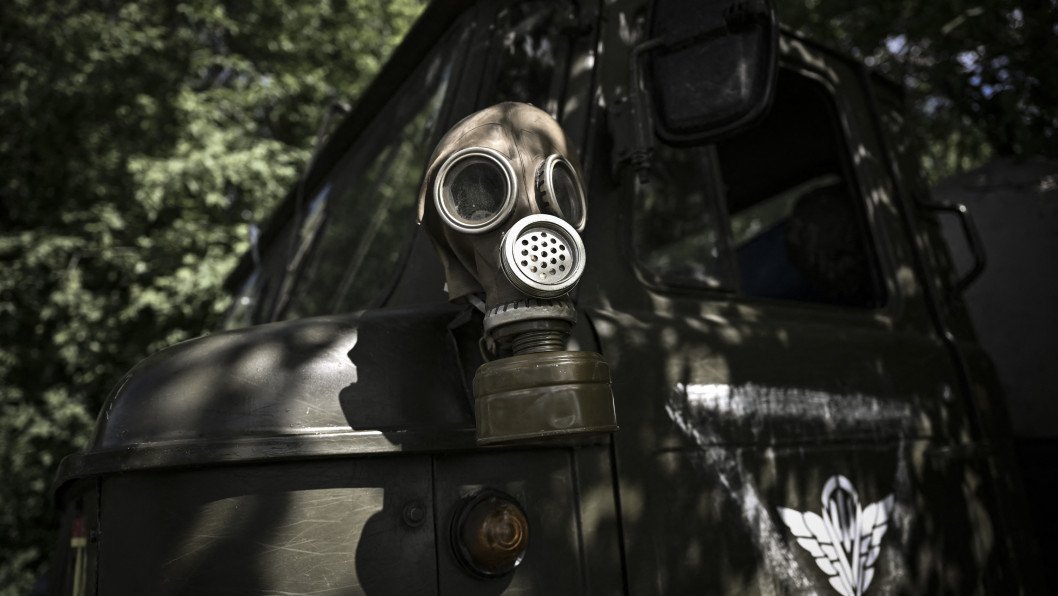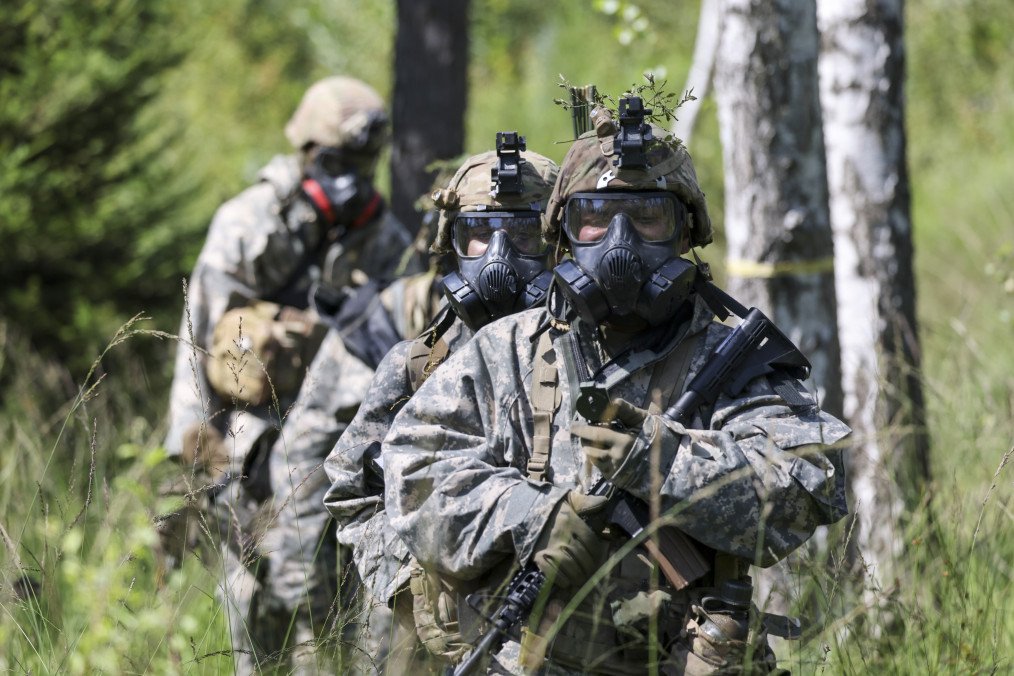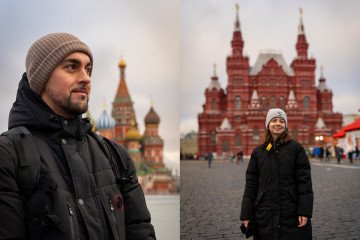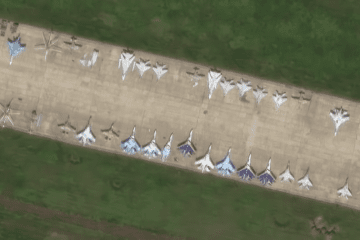The European Union is preparing a new round of sanctions that will, for the first time, formally accuse Russia of using chemical weapons in its war against Ukraine, Krym.Realii reported on May 6.
According to a draft regulation, the EU specifically points to the deployment of CS gas —commonly known as tear gas—as a method of warfare.
The explanatory note of the document, examined by Sistema—an investigative project of Current Time TV and Radio Free Europe/Radio Liberty—cites reports from the Organisation for the Prohibition of Chemical Weapons (OPCW), published at Ukraine’s request in November 2024 and February 5, 2025.
These reports detail the suspected use of CS gas near the villages of Maryivka and Ilinka in the Dnipropetrovsk region in 2024. Investigators presented environmental samples, interviews with Ukrainian servicemembers, and images of Russian-made RG-VO hand grenades . In 2024, Russian state media outlet RT aired footage showing Russian troops using such grenades.
According to the report, the EU document states: “Given the gravity of the situation, the lack of a credible explanation from Russia regarding its widely documented use of riot control agents, and in support of the global prohibition on chemical weapons, the European Union calls on the OPCW to provide timely attribution for the confirmed use of such substances as a method of warfare.”
The proposed EU sanctions will target the Russian Ministry of Defense’s Radiological, Chemical and Biological Defense Troops, as well as the 27th and 33rd scientific centers linked to the development and deployment of chemical agents.

While CS is classified as a non-lethal riot control agent and used by law enforcement globally, the EU document notes that its use in warfare is prohibited under Article 1 of the Chemical Weapons Convention.
Ukraine’s Ministry of Defense stated that CS gas capsules have been found not only in grenades but also in Shahed drones used by Russian forces.
Krym.Realii highlighted that the United States had previously imposed sanctions on Russia over the use of chemical weapons in Ukraine, particularly concerning the deployment of the more toxic agent, chloropicrin. In early 2025, the EU also enacted restrictions on dual-use goods that could contribute to the production of such substances.
Based on the report, this chemical weapons-related sanctions package is one of three currently under preparation by the EU. The other two address Russian cyberattacks and influence operations across Europe. A broader 17th sanctions package linked to Russia’s full-scale invasion of Ukraine is expected to follow.
Earlier, it was reported that Russia may be applying toxic chemical agents to its Shahed-136 (known in Russia as “Geran-2”) drones in a new effort to cause additional harm to civilians collecting debris after drone strikes.




-111f0e5095e02c02446ffed57bfb0ab1.jpeg)


